Noncompete Agreements Could Be Banned In 2023
Most noncompete clauses could be banned if a proposed Federal Trade Commission (FTC) rule change goes into effect in 2023. Currently, noncompete clauses can be found at every level of employment, from business executives to delivery drivers. But the FTC is proposing a ban on noncompete clauses (under most circumstances) because, they argue, they stifle competition, slow innovation, reduce worker wages, and stagnate the economy. If accepted, the FTC’s new rule would make it illegal for an employer to:
enter into or attempt to enter into a noncompete with a worker;
maintain a noncompete with a worker; or
represent to a worker, under certain circumstances, that the worker is subject to a noncompete.
The new rule would apply to employees, contract workers, interns and volunteers. The FTC is seeking public comment on the proposed rule change until March 10, 2023.
Washington State has already taken steps to limit how noncompete clauses are used. In 2020, the State of Washington passed a law prohibiting the use of noncompete agreements with employees making less than $100,000 per year or independent contractors earning less than $250,000 per year. This law is retroactive for noncompete clauses executed before January 1, 2020 that are being enforced. The law was mostly in response to companies, such as Jimmy John’s, enforcing noncompete clauses for low-wage workers.
‘Non-compete Clause’ Defined
The FTC defines an agreement as a ‘non-compete’ clause (even if it isn’t explicitly called that) if it would have the “effect” of prohibiting workers from seeking or accepting employment or operating a business after leaving their current employment. This definition would serve as a functional test to determine if a clause is a de facto noncompete agreement. But the application of this test could have the effect of restricting the use of some non-disclosure agreements, non-solicitation agreements, and repayment-of-training-costs provisions depending on how they're written and the circumstances surrounding them. The proposed rule gives two examples of what a de facto non-compete agreement might look like:
A non-disclosure agreement between an employer and a worker that is written so broadly that it effectively precludes the worker from working in the same field after the conclusion of the worker’s employment with the employer.
A contractual term between an employer and a worker that requires the worker to pay the employer or a third-party entity for training costs if the worker’s employment terminates within a specified period, where the required payment is not reasonably related to the costs the employer incurred for training the worker.
Employers using noncompete agreements might consider examining how this proposed rule might impact their business, especially if they depend on noncompete agreements to give them a competitive edge.
Business Impact
If the proposed rule changes go into effect, businesses will need to examine all of their employment agreements to ensure that they are in compliance with the law. Even contracts that aren’t explicitly labeled as noncompete agreements might fall under the de facto noncompete category if they would effectively stop the employee from getting another job in the industry or starting a business. Below are some other business impacts you should be aware of:
Contacting former employees.
If this rule goes into effect, employers will need to rescind any past or current noncompete agreements in writing within 45 days.
Cannot rescind added value.
If the employer gave the employee something of value (e.g., stock options, increased salary, more vacation hours) in exchange for the worker signing a noncompete agreement, the employer isn’t allowed to take back that added value.
An exception to the rule.
The new rule would not apply to individuals who signed a noncompete agreement as part of the sale of their business or the liquidation of most or all of a business’ operating assets. And this exception only applies to any person who enters into the noncompete agreement as an owner, member, or partner holding at least a 25 percent ownership interest in the business entity.
Some industries not impacted.
The proposed new rule does not apply to the following industries:
Banks;
Savings and loan institutions;
Federal credit unions;
Common carriers;
Air carriers and foreign air carriers; and
Persons and businesses subject to the Packers and Stockyards Act, 1921 (subject to certain exceptions).
Increased competition for workers.
Hiring qualified workers might become more difficult and more expensive since employment options may increase for some workers.
Fewer protections for trade secrets.
Trade secrets might be more vulnerable when ex-employees take new jobs or start businesses if employers don’t create new agreements that protect confidentiality without acting as de facto noncompete agreements.
Find out how a ban on noncompete clauses could impact your business BEFORE the rule becomes law in 2023.
Seattle Bankruptcy Attorneys
Do you have questions about and bankruptcy and business law? Contact the experienced Seattle bankruptcy attorneys at Wenokur Riordan PLLC today at (206) 724-0846 to discuss your situation.


